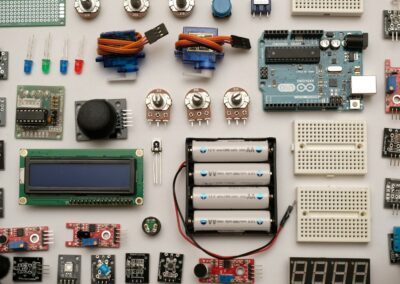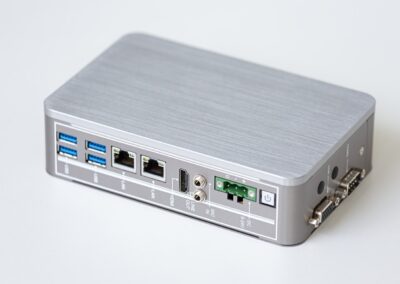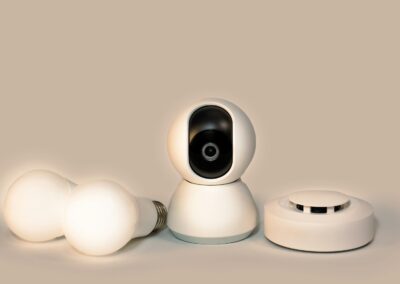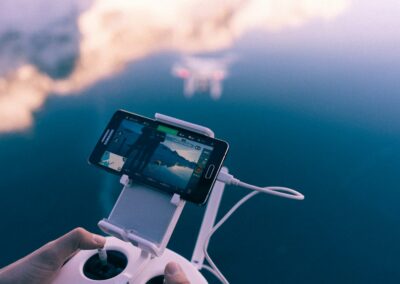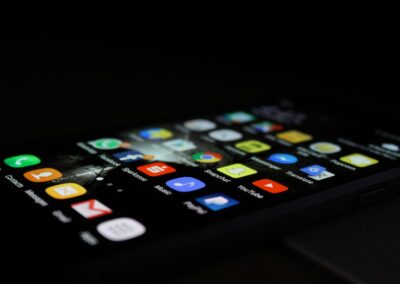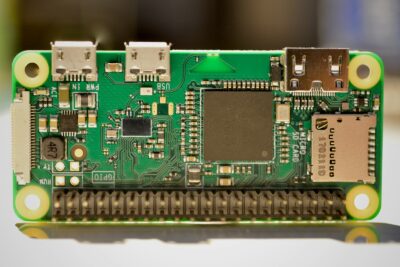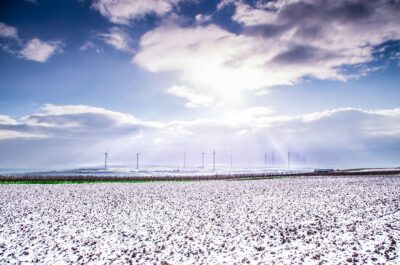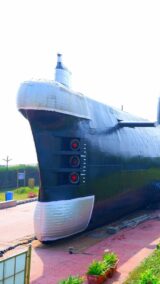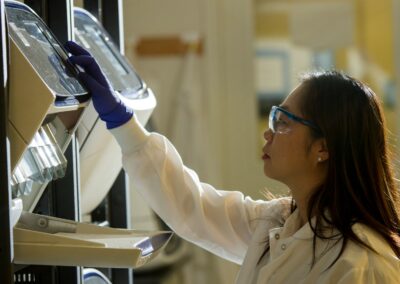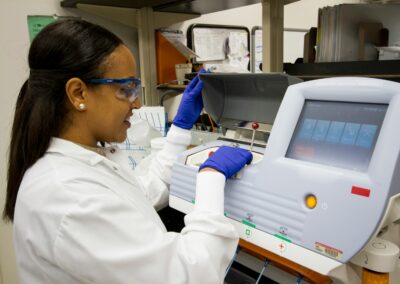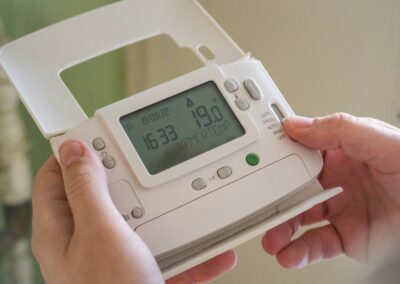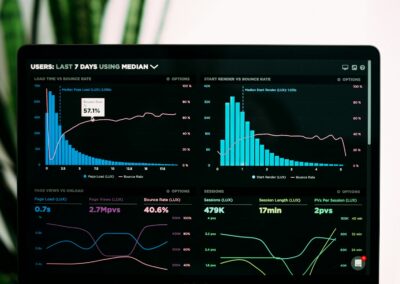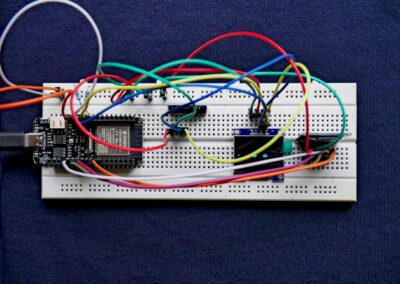Understanding the Impact of Sensors on IoT Applications
Fundamentals of Sensor Technology in IoT
The role of sensors in IoT data collection is pivotal, as they act as the primary interface between the physical environment and digital systems. Sensors gather data from their surroundings, including temperature, humidity, motion, and light, converting these physical phenomena into digital signals that IoT systems can analyze and act upon. In technologically advanced regions like Saudi Arabia and the UAE, cities such as Riyadh and Dubai are utilizing IoT sensors to drive smart city initiatives, improving urban management and enhancing the quality of life for residents. For example, environmental sensors in these cities monitor air quality, noise levels, and energy consumption, providing valuable data that informs policy decisions and public health strategies. The integration of sensor technology into IoT systems enables businesses and governments to gain real-time insights and make data-driven decisions that enhance operational efficiency and innovation.
Real-Time Data Collection and Analysis
The ability to collect and analyze data in real-time is one of the most significant advantages of IoT sensors. In the UAE and Saudi Arabia, businesses across various sectors are leveraging this capability to improve efficiency and competitiveness. For instance, in manufacturing, IoT sensors monitor machinery and production lines, detecting anomalies and predicting maintenance needs before issues arise. This proactive approach minimizes downtime and reduces maintenance costs, leading to increased productivity and operational efficiency. Similarly, in retail, sensors track inventory levels and customer movements, enabling businesses to optimize stock management and personalize customer experiences. By providing accurate, real-time data, IoT sensors empower businesses to respond swiftly to changing conditions and make informed decisions that drive growth and success.
Enhancing Environmental Monitoring and Sustainability
IoT sensors play a crucial role in environmental monitoring and sustainability efforts. In cities like Riyadh and Dubai, these sensors are deployed to track environmental parameters such as water quality, soil conditions, and atmospheric pollution. This data is essential for developing sustainable urban infrastructure and ensuring the health and well-being of residents. For example, smart irrigation systems use soil moisture sensors to optimize water usage in landscaping and agriculture, reducing waste and conserving resources. Additionally, energy management systems equipped with IoT sensors monitor electricity consumption and identify opportunities for efficiency improvements, contributing to the reduction of carbon footprints. By leveraging sensor technology, cities and businesses can achieve their sustainability goals and promote a more sustainable future.
Applications of IoT Sensors in Business and Technology
Optimizing Business Operations with IoT Sensors
The role of sensors in IoT data collection extends to optimizing business operations across various industries. In the logistics sector, IoT sensors are used to monitor the condition and location of goods during transit, ensuring the integrity and timely delivery of products. This real-time visibility helps businesses manage their supply chains more effectively, reducing delays and minimizing losses. In the healthcare industry, sensors are used to monitor patient vitals and track the usage of medical equipment, enhancing patient care and operational efficiency. For instance, hospitals in Dubai are adopting IoT-enabled patient monitoring systems that provide continuous health data, allowing for timely interventions and improved patient outcomes. By integrating sensor technology into their operations, businesses can achieve higher efficiency, better resource management, and enhanced customer satisfaction.
Driving Innovation with Advanced Sensor Technology
Advanced sensor technology is a key driver of innovation in IoT applications. In Saudi Arabia and the UAE, businesses and governments are investing in cutting-edge sensor technologies to develop innovative solutions that address specific challenges. For example, smart transportation systems in Riyadh use IoT sensors to manage traffic flow, reduce congestion, and improve public transit efficiency. In the energy sector, sensors are integrated into smart grids to monitor and optimize energy distribution, ensuring reliable and efficient power supply. These innovative applications demonstrate how advanced sensor technology can transform industries and create new opportunities for growth and development. By embracing the potential of IoT sensors, businesses can stay ahead of the competition and drive continuous innovation.
Ensuring Data Security and Privacy in IoT Systems
While the benefits of IoT sensors are substantial, ensuring data security and privacy is crucial for their successful implementation. In the UAE and Saudi Arabia, businesses must adopt robust cybersecurity measures to protect the data collected by IoT sensors from unauthorized access and breaches. This includes implementing encryption, secure communication protocols, and regular security audits to safeguard sensitive information. Additionally, businesses should comply with local regulations and industry standards to maintain data privacy and build trust with their customers. By prioritizing data security and privacy, companies can mitigate risks and ensure the reliability and integrity of their IoT systems. This commitment to security is essential for leveraging the full potential of IoT sensors and achieving sustainable business success.
Conclusion
The role of sensors in IoT data collection is fundamental to the success of modern technology applications. By providing real-time, accurate data, sensors enable businesses to optimize operations, enhance efficiency, and drive innovation. In regions like Saudi Arabia and the UAE, the integration of IoT sensors into urban infrastructure and business operations is transforming industries and promoting sustainability. As businesses continue to adopt and implement sensor technology, ensuring data security and privacy will be paramount to achieving long-term success. By leveraging the capabilities of IoT sensors, companies can unlock new opportunities for growth and maintain a competitive edge in the evolving digital landscape.
—
#IoTSensors, #DataCollectionWithSensors, #IoTApplications, #EnvironmentalDataForIoT, #SmartTechnology, #BusinessEfficiency, #RealTimeDataAnalysis










